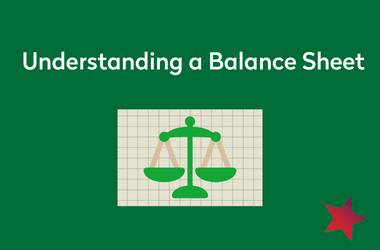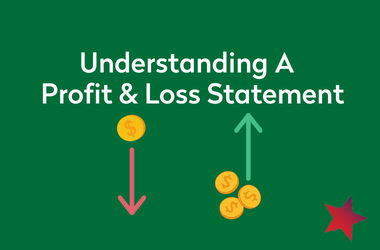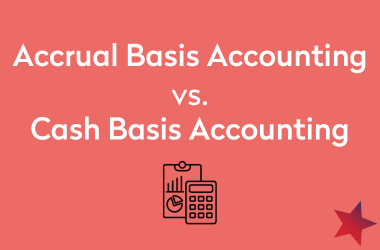Bookkeeper vs. Accountant
The terms bookkeeper and accountant are often used interchangeably. However, they both hold very different roles. So what is the difference between a bookkeeper and an accountant?
Bookkeeper
A bookkeeper’s job is to keep an organization updated with ongoing financial recording and transactions. This includes processing invoices, receipts, payments, and other financial transactions. In addition, bookkeepers can process and maintain payroll systems, reconcile accounts, and manage accounts receivable and accounts payable. Usually one would be interacting with a bookkeeper on a more consistent basis than an accountant because bookkeepers are more in touch with the day to day intricacies of the organization.
Accountant
The job of an accountant is to analyze the data produced by the bookkeeper, report on it, and provide financial advice based on market based trends. They can provide taxation advice and planning, business establishment assistance, and the auditing of organizations. Accountants are more involved with the big picture of an organization’s finances and can weigh in on corporate reporting and compliance reporting and financial management advice.
Next Steps:
Looking for a bookkeeper for your performing arts entity? Let Pentacle help.
Related Resources
Understanding A Balance Sheet
Understanding a Balance SheetWhat is a Balance Sheet? A Balance Sheet is a financial statement that summarizes the company’s assets, liabilities, and equity at a specific point in time. The Balance Sheet is an essential tool used by organizational leaders, Board of...
Understanding A Profit and Loss Statement?
Understanding A Profit and Loss StatementWhat is a Profit and Loss Statement? A Profit and Loss Statement (P&L) is a financial statement that measures the revenues, costs, and expenses incurred over a specific accounting period. P&Ls reflect an organization’s...
Accrual Basis Accounting vs Cash Basis Accounting
What is Accrual Basis Accounting vs. Cash Based Accounting? Accrual Basis Accounting Accrual basis accounting refers to a major accounting method that recognizes revenues and expenses at the time a transaction occurs, regardless of when cash is exchanged. Accountants...



